#Textile Revolution
Explore tagged Tumblr posts
Text
1 note
·
View note
Photo


"A Day for Destroying Things" by Katy Batsel
1K notes
·
View notes
Text

Elles ne marchent pas, elles glissent. Leur jupe scooter est une révolte textile. Ni longue pour servir, ni courte pour plaire — juste assez pour foutre en l’air les conventions et danser dessus. Elles sont trois, elles sont mille, elles sont groove. Et pendant que les garçons s’ennuient dans leur costume trois-pièces, elles inventent demain avec des plis et des couleurs criardes.
#sixties revolution#minijupe manifeste#alexanders#style féminin#mod girl#fashion liberté#danser contre le monde#couleur en scène#vintage rebel#mode années 60#féminisme pop#scooter skirts#publicité vintage#révolution textile#style rétro#manifeste en jupe#vêtements qui parlent#tumblr esthétique#empowerment en couleurs#1960s#pub
37 notes
·
View notes
Text

A Drawing Room in Nice, c. 1830, unknown artist, watercolor.
#salon#nice#france#french interior#1830s#nizza#savoy#house of savoy#watercolor#french art#19th century#19th century art#interior#women in art#historical dress#decorative arts#period fashion#bourbon restoration#restoration france#july revolution#july monarchy#french artist#art#painting#design#period design#interior design#textiles#drapery#wallpaper
27 notes
·
View notes
Text
Heck yeah, we need to start a Fiber Arts Army!!! Viva la textile revolution! (I have no idea what I'm saying, I'm just having fun lol)

#weaving revolution#textile revolution#looking for more fibre crafting motherfuckers to fancy up my dash#reblog to recruit#weaving#craftblr#fibre#fiber#fibercraft#weave#textiles#fiber artists of tumblr#weavers of tumblr
376 notes
·
View notes
Text
everyone who's a late roman republic or french revolution head needs to also hop on the late medieval early modern central and south asian train 😓😓im so alone (on tumblr that is)
#roman republic#late roman republic#frevblr#frev#french revolution#sorry for pranking you guys in the tags ❤️#we have gay persianate textile arts.. ooh ahh...#mughal empire#maratha confederacy#nayaka states#central asian history#south asian history#medieval persia#islamic history#persian miniature painting#indian miniature painting#history#some of you guys would love gayvestigating mughal politicians#go yaoify banarsidas NOW!
26 notes
·
View notes
Text
Fragments of Napoleon & crew:
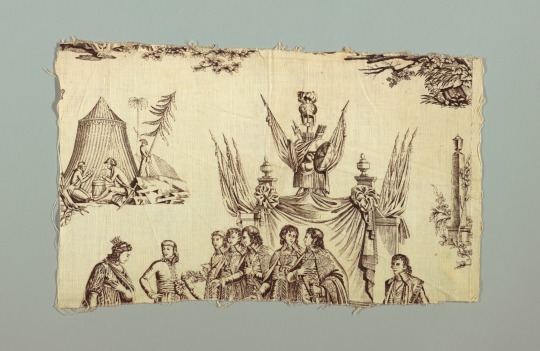
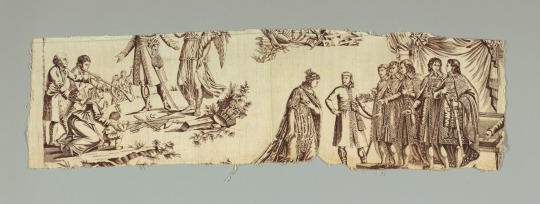
Detail of Napoleon:
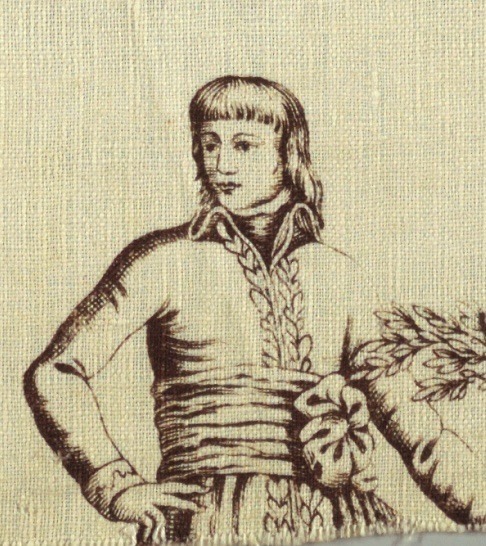
More details:
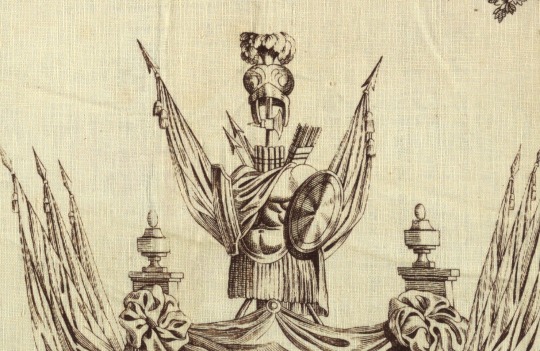
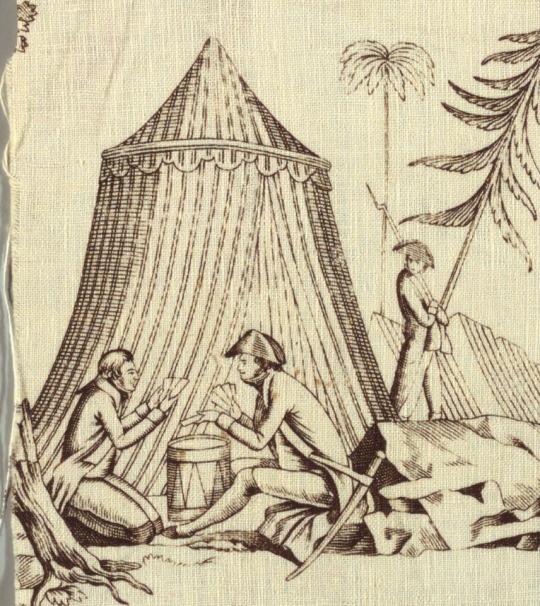

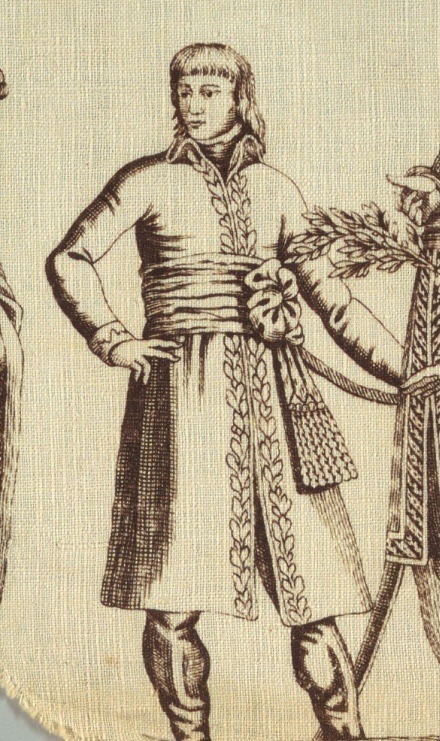
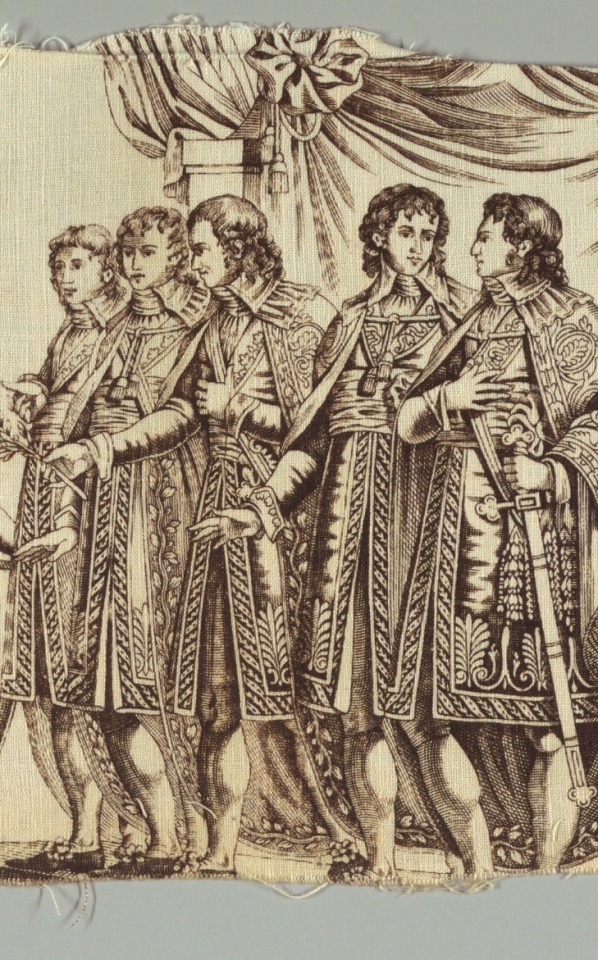
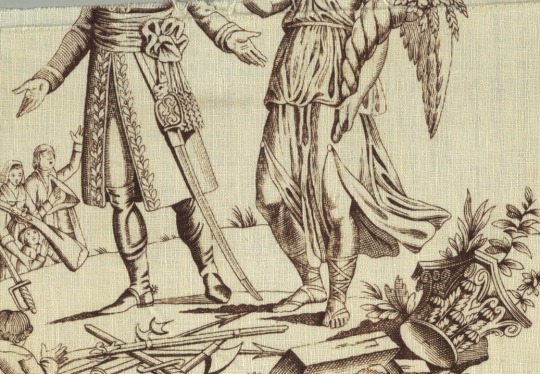
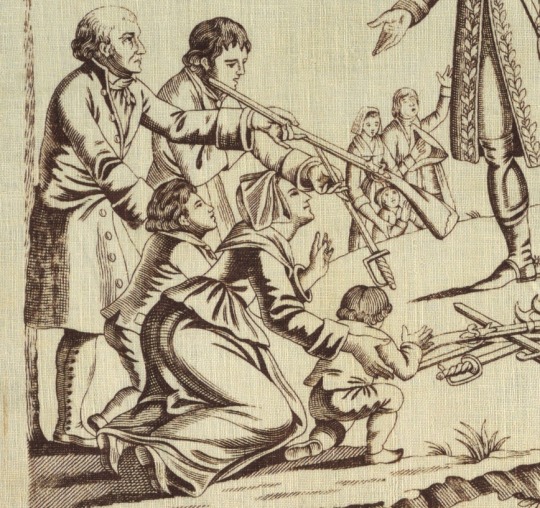
(Cooper Hewitt)
#Cooper Hewitt#fragments#textiles#fragment#design#Napoleon#napoleon bonaparte#napoleonic era#first French empire#french empire#napoleonic#military history#soldiers#1800s#19th century#history#France#neoclassical#neoclassicism#french revolution#la révolution française#révolution française#neoclassical art#art#fabric#toile#weave#cotton#patterns
27 notes
·
View notes
Text
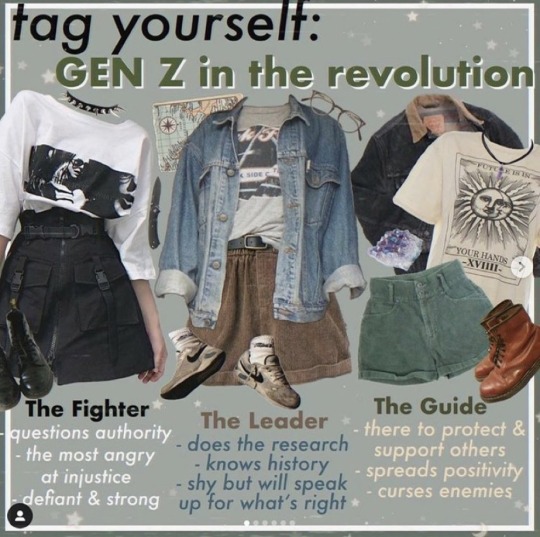
#tag yourself#gen z in the revolution#clothes#fitspo#fashion#H&M#ZARA#the fighter#fast fashion#textiles
6 notes
·
View notes
Text
Stars, Stripes, and Stitches: Crafting for the Fourth of July
It's not easy being an American right now. For many of us of different backgrounds, this is a trying time as we try to figure out our place in this ever-changing country. I will quickly say that while I don't support this new administration, I'm grateful for the opportunities that being an American has provided me throughout my life.
Beyond the parades and picnics, the Fourth is also a time to reflect on the deep roots of craft in American history, especially the vital role textile arts played during the Revolutionary War. Fiber arts are so entrenched in our culture that it's impossible to separate the two, and that's why I'm making a Fourth of July Post today.
When we think of the American Revolution, spinning wheels and needles might not be the first tools that come to mind, but they were just as powerful as muskets in shaping our independence. In fact, homespun cloth became a symbol of resistance against British rule. Women and communities across the colonies boycotted British textiles and returned to making their own yarn and fabric. Spinning circles, known as “spinning bees,” were political acts of defiance, empowering American colonists to take control of their own production. It was textile artistry as activism.
And my question to all of you today is, how can we take that activism and reignite it within our community today?
Knit a Flag-Inspired Piece: Whether it’s a striped scarf in bold colors or a hat adorned with stars, you can wear your history with pride.
Host a Crafting Bee: Gather with friends for a day of community crafting—just like the rebels of the 1770s. Add iced tea and pie for full effect.
Try Natural Dyes: Honor the era’s resourcefulness by experimenting with natural red, white, and blue dyes—think madder root, indigo, and white wool.
Learn a Colonial-Era Stitch: Explore techniques like garter stitch or simple lace that would’ve been familiar to revolutionary hands.
This Independence Day, celebrate with more than sparklers. Let your stitches tell a story of freedom, resilience, and creativity, a new story as American as the flag itself. Now, more than ever, it's important for us to be proud of ourselves and loud about it so that our freedoms aren't taken away.
#american#pattern#crafts#handmade#creative#yarn#knitting#love#america#usa#united states#pride#fourth of july#american revolution#textile art#craft#fabric#patterns#textiles#fiber crafts#ravelry#fiber artist#fiber arts#fiber art#natural fibers#sewing#fabrics#knits#knitting pattern#hand knitted
0 notes
Text
How AI is Revolutionizing Fashion Design: The Rise of AI-Generated Prints
The fashion industry is embracing artificial intelligence (AI) in creative new ways—especially in textile and print design. AI-generated patterns, colors, and graphics are transforming how designers work, offering endless inspiration while speeding up the design process.


How AI is Used in Fashion Design
🔹 AI-Generated Prints: Tools like MidJourney, DALL·E, and Stable Diffusion can create unique, customizable patterns in seconds—from abstract florals to futuristic geometrics. 🔹 Faster Iterations: Instead of manually sketching, designers input text prompts (e.g., "watercolor leopard print in pastel tones") and refine results instantly. 🔹 Sustainability Boost: AI reduces fabric waste by allowing virtual prototyping before production.


Why Designers Love AI
✅ Unlimited Creativity – AI can mix styles that humans might not think of, like baroque cyberpunk or Art Deco anime. ✅ Cost-Effective – Small brands can access high-end designs without hiring extra illustrators. ✅ Personalization – AI can tweak prints based on customer preferences (e.g., adjusting colors for a capsule collection).


The Future of AI in Fashion
Some fear AI will replace designers, but in reality, it’s a powerful collaborator. Brands like Collina Strada and Balenciaga already experiment with AI-assisted designs, blending human creativity with machine efficiency.
As AI evolves, expect even more hyper-personalized, on-demand fashion—where your next dress’s print could be generated just for you.
#AI Fashion#Future of Design#AI Generated Prints#Sustainable Fashion#Digital Design#Fashion Tech#Textile Innovation#MidJourney#DALL·E#Tech Meets Style#Wearable Art#Fashion Revolution#fashion
1 note
·
View note
Text
Textile manufacture was one of the primary drivers of industrial revolution. Developments like the flying shuttle, spinning jenny and later waterwheel-powered spinning frames, the cotton gin, and the above-mentioned, punchcard-controlled Jaquard machines, turned textile-making from cottage industry into major, centralized industry with huge textile mills.
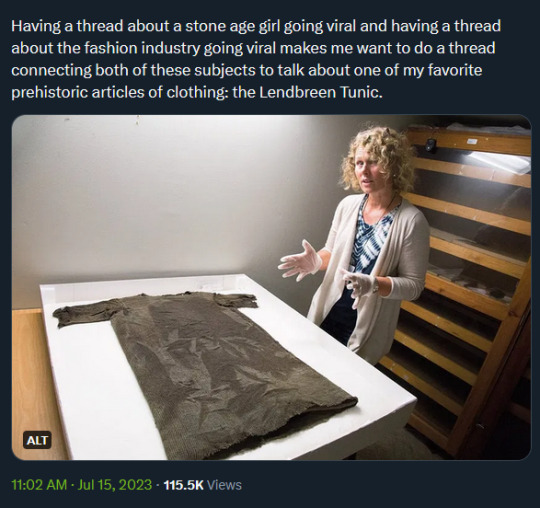
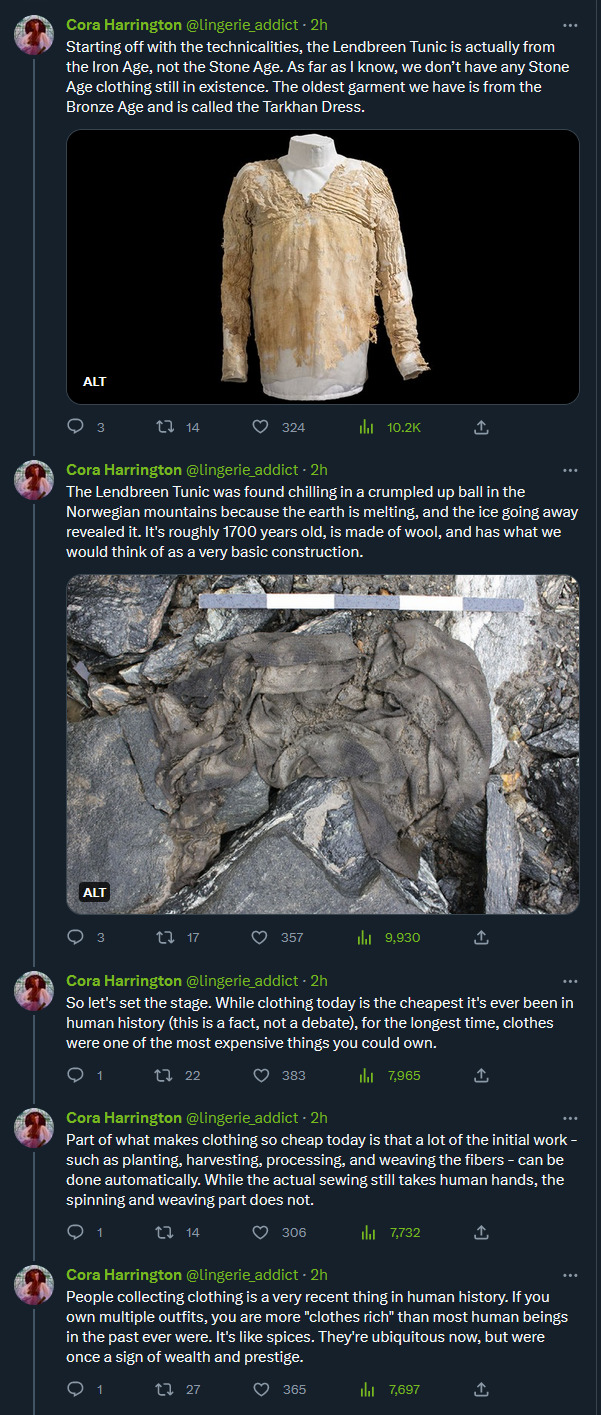
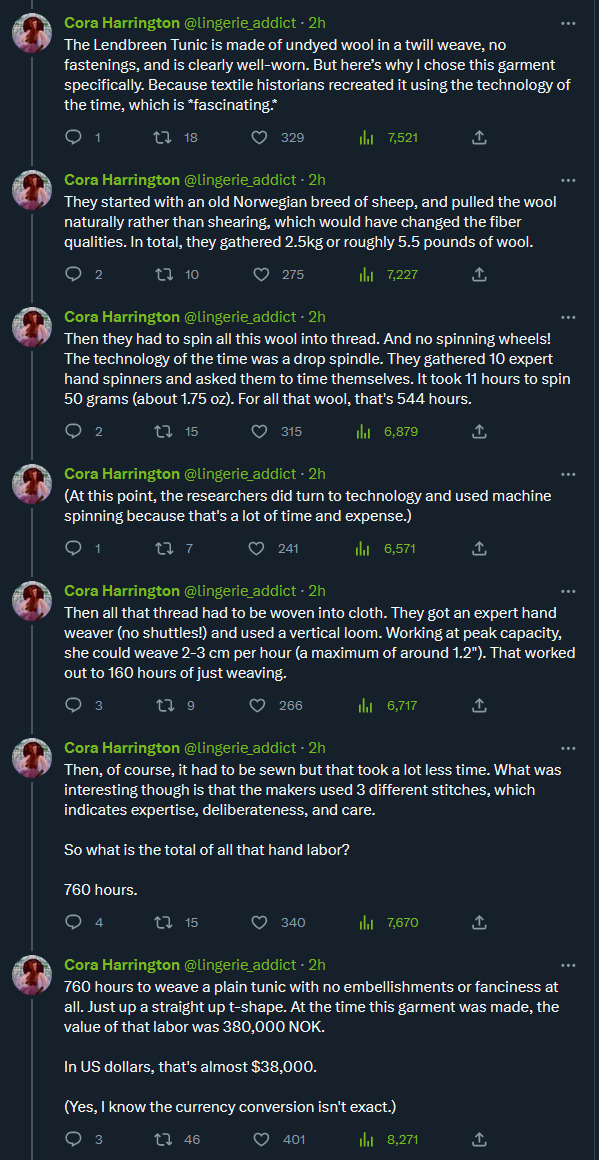

@lingerie_addict has a really cool thread on ancient fashion over on twitter.
Those source links are here
cambridge.org
Youtube
ucl.ac.uk
36K notes
·
View notes
Text
Huddersfield manufacturing history
Huddersfield provided a commercial centre at its famous Cloth Hall for the many thousands of home working wool weavers in the surrounding district. The inventions of which I have written elsewhere slowly changed this settled and quite prosperous scene. In his book The Story of Huddersfield Roy Brook first points to the error in assuming that wool and cotton were distinct industries. He makes…
0 notes
Text
For National Textiles Day: A Trip Home
May 3 is National Textiles Day. To say that this topic is outside of my ordinary beat is to put it mildly. But I had a very insightful experience while vacationing with my son last year, kicking around old haunts. Admittedly, it was the farthest thing from an original revelation. It was more like being a fish in an aquarium and suddenly noticing the water for the first time. Or, rather, a fish…

View On WordPress
1 note
·
View note
Text
Textile Revolution: Digital Designs, Enhanced Production
Introduction
The textile industry has undergone a profound transformation with the advent of the Digital Revolution in Textile Design and Printing. This article explores the redefinition of creativity and production in this dynamic landscape.
Definition of the Digital Revolution in Textile Design and Printing
The Digital Revolution refers to the integration of digital technologies in textile design and printing processes, marking a departure from traditional methods. This shift has far-reaching implications for creativity and production efficiency.
Importance of Innovations in Textile Material Trends
Innovations in textile material trends play a pivotal role in shaping the industry's future. This section delves into the significance of staying abreast of evolving materials to remain competitive.
The Rise of Digital Technologies in Textile Design
Digital Printing vs. Traditional Methods
Digital printing has emerged as a game-changer, offering advantages over traditional methods. From speed to cost-effectiveness, the comparison highlights the transformative nature of digital technologies.
Impact on Design Flexibility and Customization
One of the key benefits of the Digital Revolution is the unprecedented level of design flexibility and customization it provides. Designers can now unleash their creativity without constraints.
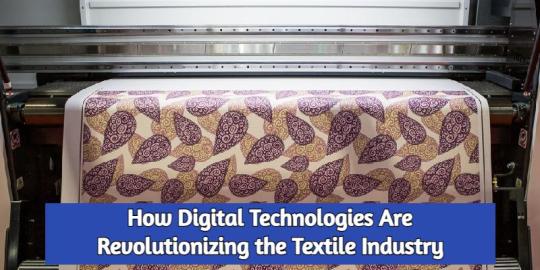
Innovations Driving Textile Material Trends
Introduction to Material Innovations
This section introduces the concept of material innovations and their role in pushing the boundaries of textile design. From smart textiles to novel fabric compositions, the industry is witnessing a material revolution.
Technological Advancements in Textile Materials
Technological advancements have propelled textile materials into new realms. Nanotechnology, for example, has paved the way for materials with enhanced properties, such as durability and stain resistance.
Sustainable Textile Materials and Their Role
Sustainability is a key focus in contemporary textile design. Explore how sustainable materials are not only environmentally conscious but also meet the growing demand for ethically produced goods.
The Role of Sustainability in Textile Design
Importance of Sustainable Practices
The article delves into the importance of incorporating sustainable practices in textile design. As consumer awareness grows, businesses are compelled to adopt eco-friendly approaches.
Eco-friendly Printing Techniques
Discover the eco-friendly printing techniques that are gaining prominence in the industry. From water-based inks to dye sublimation, these techniques align with the principles of sustainability.
Textile Material Innovation in Practice
Case Studies: Successful Implementations
Real-world examples demonstrate the successful implementation of textile material innovations. Case studies showcase how businesses have embraced these advancements to gain a competitive edge.
Examples of Cutting-Edge Textile Designs
Explore cutting-edge textile designs that have been made possible by the Digital Revolution. From 3D-printed fabrics to interactive textiles, the possibilities are limitless.

Challenges and Opportunities
Overcoming Challenges in the Digital Revolution
While the Digital Revolution brings unprecedented benefits, it also poses challenges. This section addresses common hurdles and provides insights into overcoming them.
Opportunities for Businesses and Designers
The article highlights the myriad opportunities the Digital Revolution presents for businesses and designers alike. From reaching global markets to fostering innovation, the digital landscape is ripe with possibilities.
The Future of Textile Design and Printing
Emerging Technologies in Textile Design
Look ahead to the future with an exploration of emerging technologies in textile design. Virtual reality, artificial intelligence, and other advancements are set to reshape the industry.
Anticipated Developments in the Coming Years
What can we expect in the coming years? This section speculates on the developments that will further redefine creativity and production in textile design.
Conclusion
Recap of the Digital Revolution's Impact
Summarize the key takeaways regarding the impact of the Digital Revolution on textile design and printing. Emphasize the transformative nature of the changes witnessed.
Future Prospects and Exciting Possibilities
Conclude by highlighting the exciting possibilities that lie ahead. The Digital Revolution is an ongoing journey, and the future promises even more innovation and creativity.
FAQs
1. What are the primary innovations driving textile material trends?
Textile material trends are primarily driven by innovations such as advanced fabric compositions, smart textiles, and technological breakthroughs like nanotechnology.
2. How do sustainable textile materials contribute to the industry?
Sustainable textile materials contribute by addressing environmental concerns and meeting the demand for ethically produced goods, aligning with consumers' growing eco-consciousness.
3. Can traditional printing methods coexist with digital innovations?
Yes, traditional printing methods can coexist with digital innovations. Some businesses may opt for a hybrid approach, combining the best of both worlds to meet specific needs.
4. What challenges do businesses face in adopting digital textile design?
Challenges in adopting digital textile design include initial investment costs, workforce training, and the need for businesses to adapt to a rapidly evolving technological landscape.
5. How can designers incorporate eco-friendly practices in textile printing?
Designers can incorporate eco-friendly practices by choosing sustainable materials, utilizing environmentally conscious printing techniques, and advocating for ethical and responsible design principles.
#digital revolution#Textile printing#textile material innovations#sustainable textile material#textile material trends
0 notes
Text

𝐄𝐱𝐩𝐞𝐫𝐢𝐞𝐧𝐜𝐞 𝐭𝐡𝐞 𝐌𝐚𝐠𝐢𝐜 𝐨𝐟 𝐅𝐚𝐬𝐡𝐢𝐨𝐧 𝐰𝐢𝐭𝐡 𝐀𝐝𝐨𝐛𝐞 𝐏𝐫𝐢𝐦𝐞𝐑𝐨𝐬𝐞 - 𝐓𝐡𝐞 𝐃𝐫𝐞𝐬𝐬 𝐭𝐡𝐚𝐭 𝐂𝐡𝐚𝐧𝐠𝐞𝐬 𝐃𝐞𝐬𝐢𝐠𝐧 𝐢𝐧 𝐎𝐧𝐞 𝐒𝐞𝐜𝐨𝐧𝐝
Step into a world of limitless creativity and innovation with Adobe PrimeRose - the magical dress that changes design and pattern in just one second. Join the revolution of fashion and technology, and elevate your style to new heights…
Regards, Waves Institute of Fashion Designing
#magical dress#fashion innovation#design revolution#limitless creativity#fashion tech#fashion design#pattern making#textile design#wearable tech#wifd#fashion institute#kozhikode#calicut#adobe primerose
1 note
·
View note
Text

“Before the turn of the 19th century, frail boys and girls had no choice but to sit at home all day, playing with their younger siblings, just watching as another empty, unproductive week passed them by,” noted British scholar William Donnelley said. “Once the Industrial Revolution began, however, any child able to fit inside a narrow mining shaft, or reach deep within a malfunctioning textile press, could venture out into the world and find himself a job.”
Added Donnelley, “It was a time of unprecedented opportunity for the nation’s 5- to 9-year-olds.”
Full Story
610 notes
·
View notes